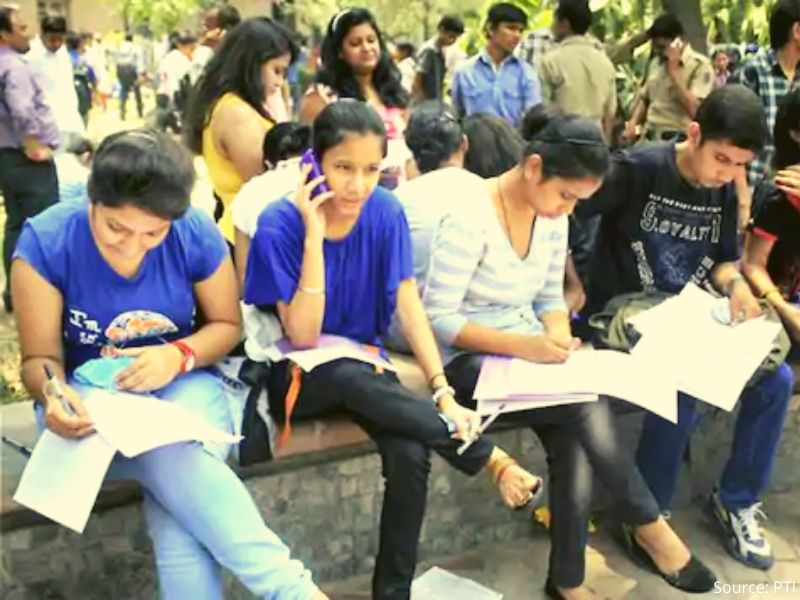The Supreme Court recently disposed of petition by private college students seeking fee rebate in the wake of Covid-19 lockdown. The petitioner also requested the court to order the college administration to allow some relaxation to students but the top court refused saying they should talk to the concerned university. The apex court asked the petitioners’ advocate how will the colleges run and pay salary to their employees.
The students’ plea was based on the fact that due to the lockdown industries are suffering huge losses. Companies are cutting their employees’ salary and many have already lost their jobs.
Parents also added they are not able to pay the hefty fees of their children studying in private colleges as many have lost jobs. The petition sought to draw the Supreme Court’s attention to this issue but the top court refused the plea.
On this matter, Manit Jain, Chairman, FICCI ARISE said, “We welcome this most logical decision by the highest court of the land to ensure college fees to be paid for the lockdown period. We look forward to similar decisions for the aided and unaided schools of the country that are already in critical care during these Covid times. Educational institutions play a very important role in the society as they equip future generations with knowledge and wisdom. It is extremely critical to keep their people base and infrastructure intact enabling them to serve students in the same way when they return to schools and colleges. There are over 3.03 lac unaided private schools in the country. At a very basic estimate of the direct employment these schools offer employment to over 3 crore people comprising teaching, non-teaching and support staff. This translates into livelihood to 12-15 crore citizens of the country. With these statistics, education is one of the top five employment providers in the country. With the closure of schools on account of Covid-19, many institutions across the country have moved to online teaching using both synchronous and asynchronous modes of instruction. Faculty and teachers have had to spend much more time than usual to plan, learn, adapt and deliver online classes. They have risen to the call of their duty in these unprecedented times only to be faced with the uncertainty of salary payments/continued employability.”
Also read: State Commission for Child Rights says parents who can afford should pay school fees
